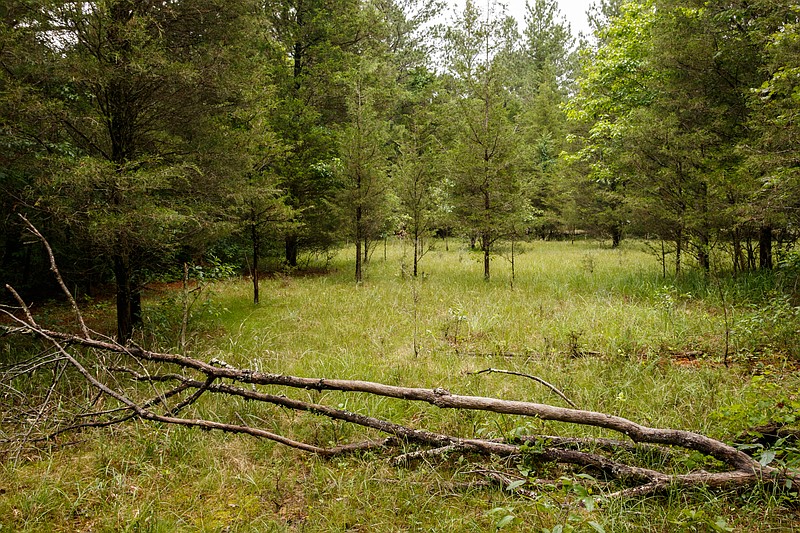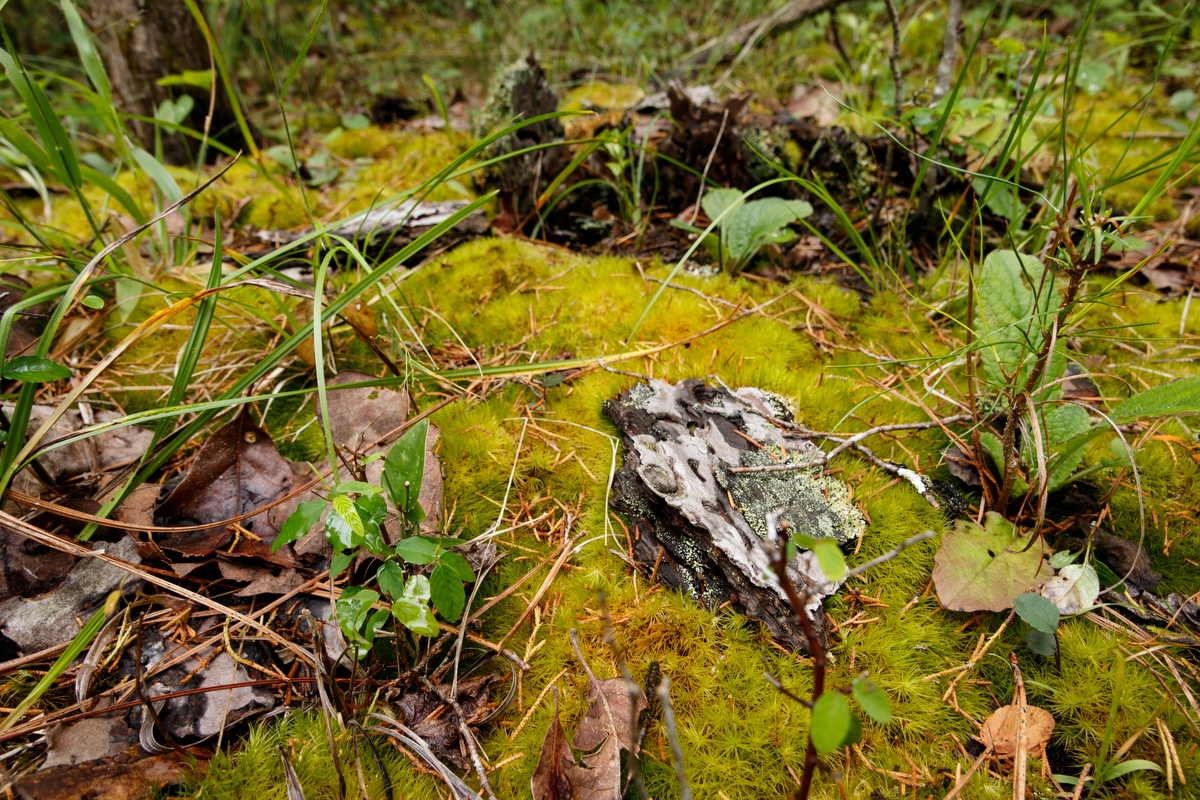Nearly every national park is affected by manmade pollutants, which is a significant concern to the nature and climate at Chickamauga and Chattanooga National Military Park and Great Smoky Mountains National Park, according to a new study.
The National Parks Conservation Association, an advocacy group that published the report, compiled years of data and reports from the National Park Service and the Environmental Protection Agency to assess damage air pollution is causing in four categories: visibility, health, nature and climate. The report found 96% of parks - more than 400 - are plagued by significant air pollution problems in at least one of the four categories.
"The bottom line is that while significant improvements have been made with the Clean Air Act there's still unfinished business," said Don Barger, National Parks Conservation Association Southeast senior regional director. "For the vast majority of parks, the air is unhealthy to breathe. We get complacent and think it's been taken care of."
The pollutants have caused smog through the Smoky Mountains and climate impacts to native species in the Chickamauga and Chattanooga National Military Park.
"People look out and don't see much of a view, so they think that's why [the Smokies] got it's name, but it's not," Smokies research manager Paul Super said.
The name comes from the naturally produced hydrocarbon that comes off the trees after rain and forms a misty fog over the mountains.
The Smokies have been compiling air quality data since the 1970s, which was about when the Clean Air Act began mandating such records. The park has some of the oldest records of air quality data in the park service because of park employee Jim Renfrow and others who had an interest in tracking the records, Barger and Super said.
"[National Parks] don't control the air, but in order to determine if we're in compliance with these laws, we set up monitoring programs," Super said. "Jim has been with us a long time, basically from the inception of air quality monitoring, and has been a great advocate of the program to expand what we do. We're one of the premier air quality sites in the service."
Chickamauga and Chattanooga National Military Park reports show ozone levels have long passed the level of significant concern, as have other air quality markers. Park superintendent Brad Bennett could not discuss the NPCA report, he said, but did discuss the park's data the association used.
Climate change has allowed non-native species to move into the park and out-compete native plants, Bennett said.
"We have been able to observe over time a change in the natural environment," he said. "For example, our cedar glades are now being threatened by invasive plants. One effect of climate change, the warming climate, is these invasive plants have expanded their range and are crowding in on some of these significant native plant communities."
The area parks have been aware of the problem for decades, according to public data, but the NPCA report is the first to compile the information on such a wide-scale level. The data comes directly from the NPS and EPA, so whether air quality is a significant or moderate problem for a park is not a judgment call by the report's authors, Barger said.
Barger grew up in Red Bank visiting the Chickamauga and Chattanooga National Military Park and now lives in Norris, Tennessee, closer to the Great Smoky Mountains. The pollution has stifled tree and plant growth, caused leaves to blacken and wither, and can cause changes to soil and water, according to the report. The two parks see similar impacts from air pollution largely because they both are dealing with pollutants from coal plants in the Ohio Valley and Tennessee Valley, Barger said.
Park air quality is largely outside the control of the parks' employees, but they have been noting steady improvement for years.
"The report doesn't necessarily give a trend; it says 'things are bad,'" Super said. "But emissions from vehicles and power plants, they have been reduced. They are improving. Ozone levels are improving. The worst visibility days are getting better. The reports indicate things have a way to go, but the effort people have put in so far are leading to improvements. That's not something I really read in the report."
The report's authors say rollbacks of environmental regulations by the Trump administration will further harm the air quality at parks and undo years of progress.
"In spite of the steady improvement that clean air has made, in just two years the Trump administration has turned around that trend," Barger said. "That should really be concerning."
The full report is available here.
Contact Mark Pace at mpace@timesfreepress.com or 423-757-6659. Follow him on Twitter @themarkpace and on Facebook at ChattanoogaOutdoorsTFP.

